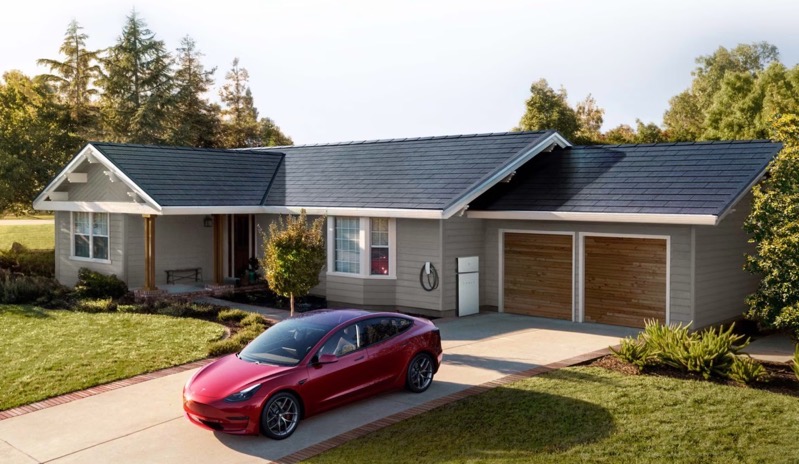Tesla Plans to Sell Electricity to Homes in the United Kingdom

In a move that could disrupt the UK’s energy market, Tesla is planning to sell electricity directly to households. This move puts the company in direct competition with the UK’s major energy providers.
Tesla has revealed plans to register as an electricity provider with the industry regulator and launch a retail electricity product in the UK. This information came to light through a job listing that indicated the company’s intention to hire an experienced energy executive to head its UK operations for Tesla Electric.
The proposed service, available to owners of Tesla’s Powerwall home battery, would sell electricity to UK households and buy back stored energy during peak demand periods. Powerwall batteries can be programmed to charge overnight when energy is cheap and then discharge this energy during the day when buying from the grid is more expensive.
Tesla’s job advert, which specifies that the role could be based in either London or Manchester, states that the company aims to “support the transition of the entire electricity grid to 100% renewables” by increasing the use of home batteries.
While Tesla is leading EV car sales, it also sells home batteries, which cost around £9,500 to install. An industry source estimates that between 10,000 and 20,000 have been installed in UK households, reports The Telegraph.
Under plans by Ofgem, the industry regulator, owners of Tesla cars could also use the service to sell electricity back to the grid. Earlier this year, Musk outlined a “master plan” to lead global efforts to eliminate fossil fuels, which included a massive increase in renewable generation and a shift to electric cars and heat pumps for households.
Tesla’s foray into the energy utility sector began in Texas in December, where it promised to save households money by selling electricity from owners’ batteries to the grid during peak times and buying it back when it is cheaper. In Texas, Tesla’s off-peak rate is about a third below the standard rate from other energy providers.
The company’s “virtual power plant” system is designed to eliminate the need to switch on coal and gas generation during peak times when renewable sources fail to meet demand. Instead, it pulls electricity stored in people’s homes. Users can track their consumption and manage bills through the Tesla app.
Tesla’s job posting also indicates that the company plans to apply to Ofgem for an electricity supply licence, which would allow it to sell energy to both domestic and non-domestic premises.
Tesla has previously dabbled in the UK energy market. It launched an electricity plan provided by Octopus Energy in 2020, but ended the deal earlier this year, suggesting plans to launch its own service. Musk has also hinted at Tesla manufacturing and selling its own heat pumps, seen as crucial to transitioning households from gas-powered heating to electricity.
Tesla’s entry into the UK energy market comes at a time of upheaval for the country’s energy providers. Rising wholesale costs have led to the collapse of dozens of providers, while a price cap on bills has resulted in stagnant competition among providers.
Another set of dominoes ready to fall! This is inevitable!